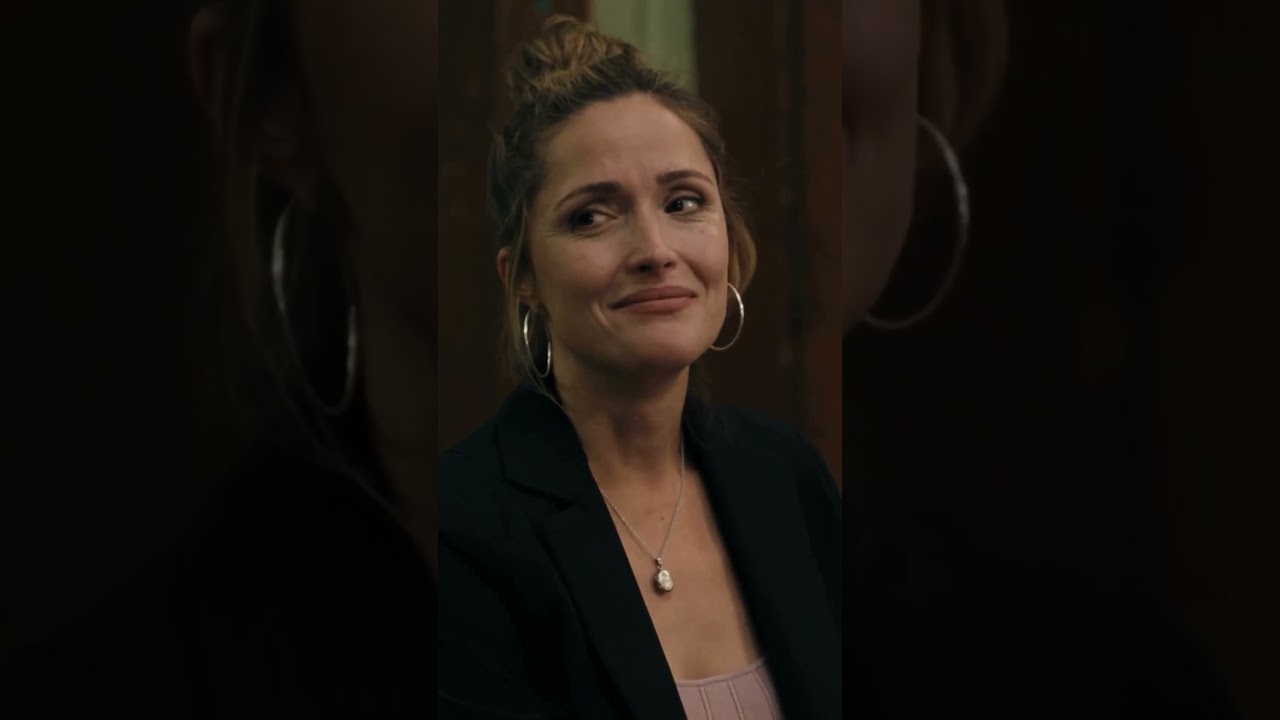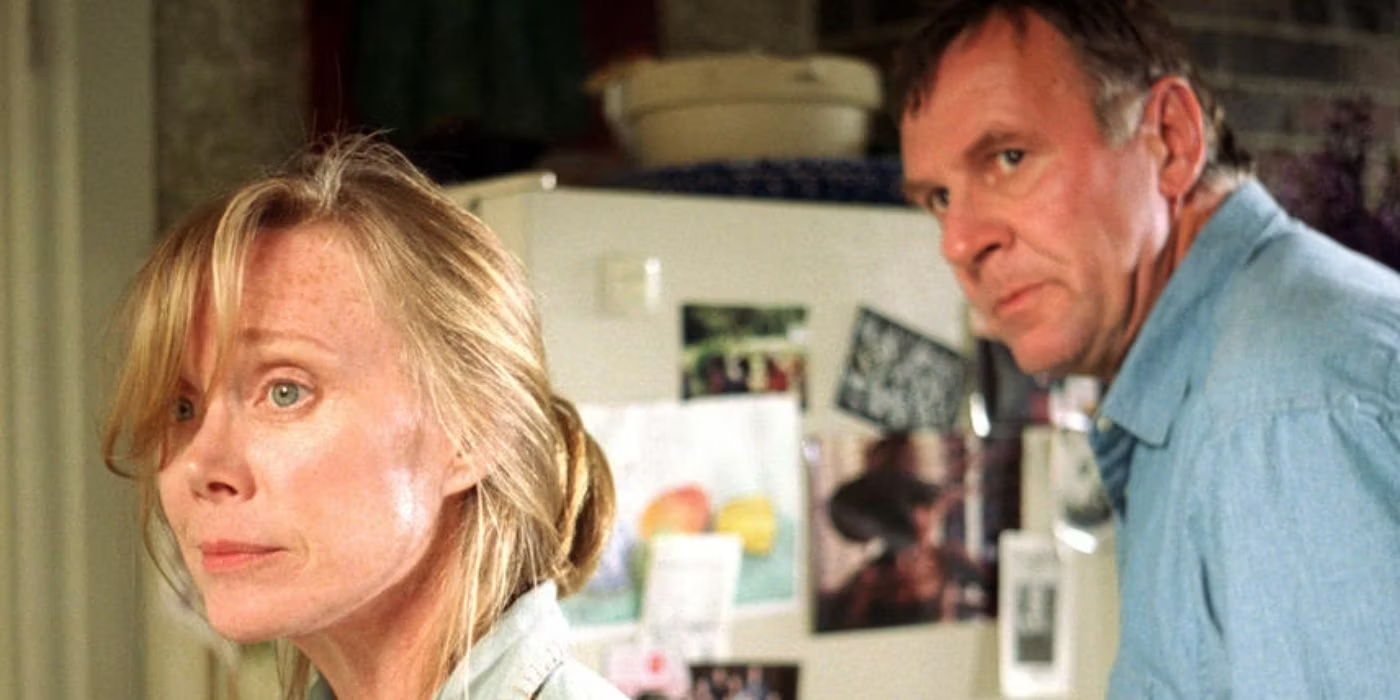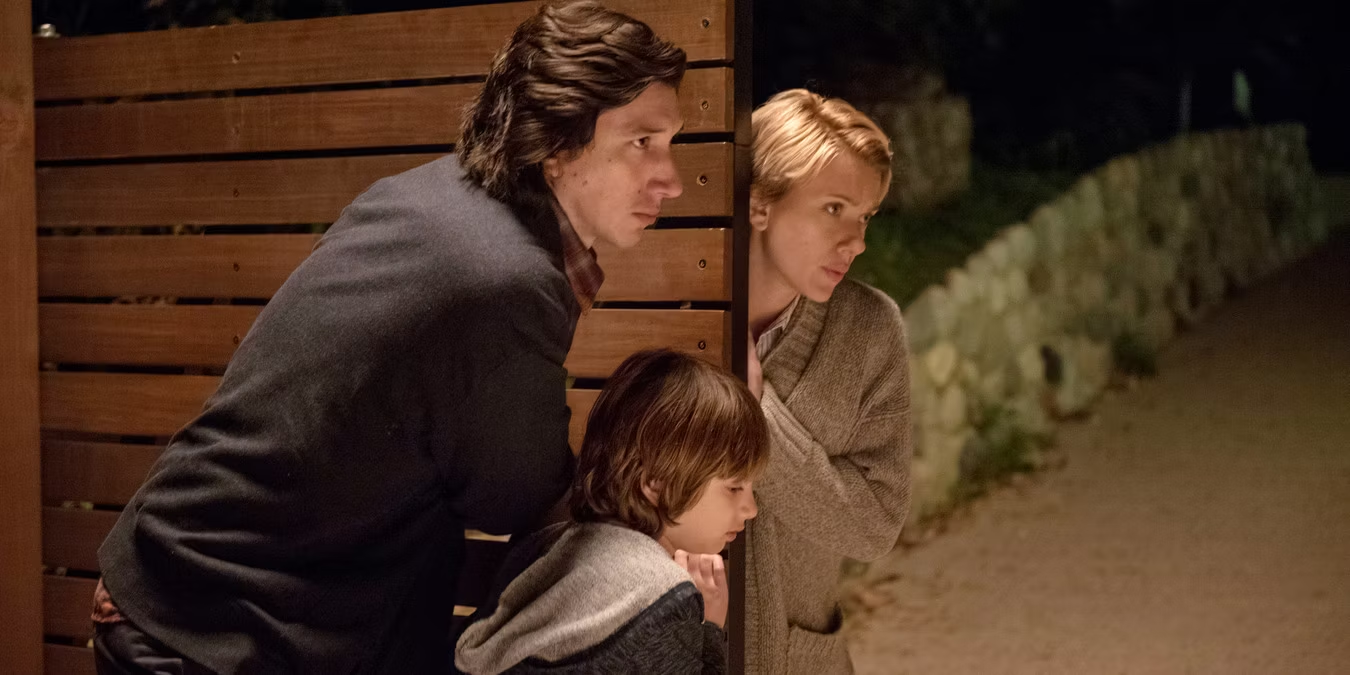Tony Goldwyn, primarily celebrated for his roles in front of the camera, has quietly carved a niche as a capable director, with a resume that spans feature films and numerous TV episodes. His latest project, “Ezra,” a family dramedy, although peppered with conventional melodrama, emerges as a pleasing, albeit transient, spectacle for viewers.

An Unconventional Road Trip: Exploring Family and Neurodiversity
“Ezra” charts the journey of a comedian and his autistic son on a transformative road trip, sparked by pivotal life decisions. While the film doesn’t revolutionize the road movie genre, it aims to touch hearts with its blend of humor and emotional warmth—and largely succeeds.
Not every solution may be appropriate for Ezra because every kid—and their experience with autism—is different.

Cast Performances: From Heart to Humor
The ensemble cast of “Ezra” brings significant depth to the screenplay. Bobby Cannavale, in particular, delivers a nuanced performance that straddles the line between drama and comedy with finesse. Despite the script’s occasional melodramatic overtones, Cannavale’s portrayal grounds the film, making his character’s emotional journey relatable.
Robert De Niro, though in a lesser role, leaves a memorable imprint with his seasoned charm. However, not all cameos stir the pot equally; Vera Farmiga, Rainn Wilson, and Whoopi Goldberg make brief appearances that, while enjoyable, don’t significantly impact the storyline. Rose Byrne, paired opposite her real-life spouse Cannavale, delivers a performance that some may find too harmonious for their on-screen dynamics.

The real star, however, is William A. Fitzgerald, whose debut performance captures the essence of his character with an endearing authenticity. The established cast members do not overshadow him but rather uplift and adapt to his youthful energy, which adds a genuine warmth to the film.
Reflections on Family Dynamics and Neurodiversity
While “Ezra” delights as a light-hearted dramedy, it stumbles slightly with its reliance on clichéd tropes such as using child endangerment as a plot device for humor. Additionally, the film’s attempt to push the neurodivergent character to conform to societal norms is a narrative choice that feels regressive.
Despite these pitfalls, the film maintains a charming disposition through its modest runtime. The low stakes and minimal consequences of the plot might seem surprising, especially with an unexpected twist involving the FBI, but they allow the audience to focus more on the characters’ personal growth and less on external thrills.

Is ‘Ezra’ Worth Your Time?
Ultimately, “Ezra” serves as a palatable cinematic experience, primarily riding on the performances of its stellar cast and the heartfelt moments they craft. While the film aims to address significant themes such as the challenges faced by parents of children with learning disabilities, it somewhat falters by leaning too heavily into the ‘feel-good’ genre, potentially diminishing its impact as a serious discussion starter.
For those seeking a film that combines humor, warmth, and a touch of drama without delving too deep, “Ezra” might just be the ticket. However, for viewers expecting a profound exploration of its themes, it may fall short. Regardless, the film offers enough charm and character-driven storytelling to make it a passable choice for a cozy movie night.
